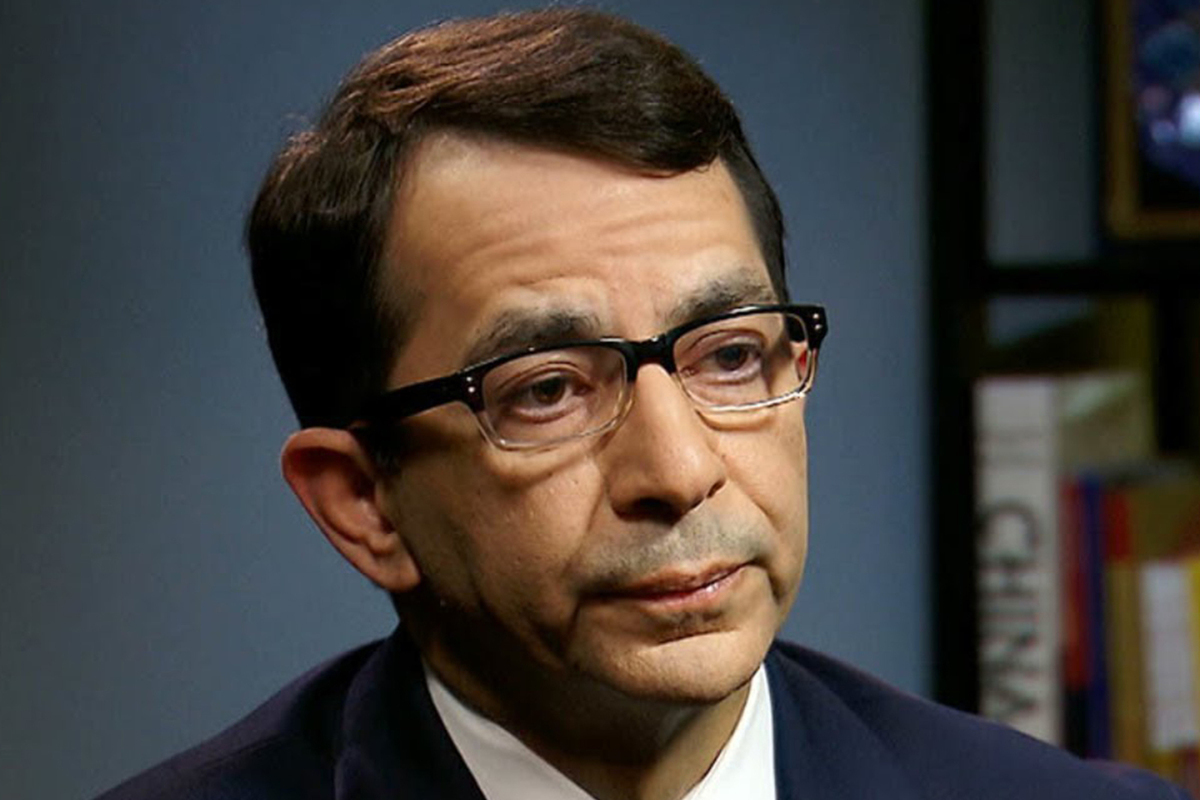China urged to deal with global ‘silent debt crisis’
[ad_1]

“This is a sad, bleak result for the global community.”
China holds the key to speeding up debt relief and ending the “silent crisis” that is holding back efforts to fight poverty in the world’s poorest countries, a senior World Bank official said.
Ayhan Kose, deputy chief economist at the World Bank, said Beijing needs to be more proactive in negotiating financial support for countries already in or near debt crisis.
According to The Guardian, Kose notes that China’s emergence as a major creditor country over the past 15 years means it needs to take responsibility for making post-pandemic debt relief work.
“China needs to be more active,” Ayhan Kose told The Guardian. – When it comes to debt relief, China is a major player. China is in a critical situation.”
The World Bank and its subsidiary, the International Monetary Fund, are increasingly concerned that the pandemic and higher interest rates have made life more difficult for low-income countries, with 11 in distress and another 28 at high risk of becoming so.
Only a small number of countries have so far received financial support under the Common Framework, a country-based debt relief system created by the G20 group of developed and developing countries in 2020.
Kose says poor countries have been unable to borrow from global financial markets and have not received debt relief. “So what are they going to do? They’re going to cut spending on education and health care, and they’re going to regress. This is the opposite of what you want from them. This makes the situation worse. This makes the crisis permanent,” he added.
A World Bank spokesman said it was a “silent crisis” because the debt is not making headlines and no systemically important country has yet defaulted. Instead, the debtors tended to be small countries, often with economic problems exacerbated by conflict, but together they accounted for 16% of the world’s population.
Kose added that 40% of low-income countries will have per capita incomes lower than in 2019 by the end of this year. “By not addressing debt relief, we are delaying development. This is a sad, bleak result for the global community,” he said.
Since the creation of the Common Framework, four countries have requested assistance, but only two – Chad and Zambia – have reached an agreement.
Ayhan Kose said the world community needs to improve the functioning of the Common Framework rather than consider at this stage a “grand scheme” similar to the Heavily Indebted Poor Countries Initiative launched by the Bank and the IMF in 1996.
“But we need to be frank about the scale of the problem and determine what needs to be done and what the consequences will be if countries remain in debt paralysis for an extended period of time,” he added.
[ad_2]
Source link






